Restructure aims to improve student experience and industry connections
This summer, NAIT underwent one of its biggest changes since 2016. On Aug. 19, the polytechnic officially launched a new academic structure composed of seven schools, reorganized from the four schools established more than eight years ago.
“We have great programs,” says Peter Leclaire, NAIT’s vice-president academic. But over the years the connection between those programs and industry were loosening.
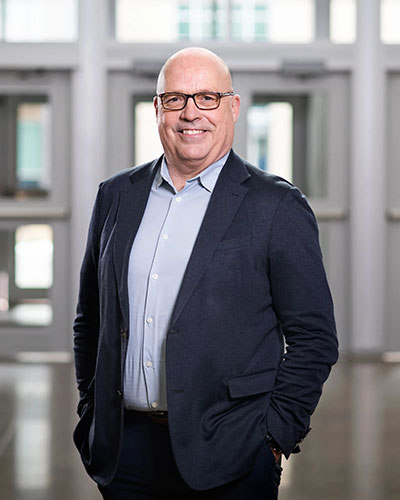 As the previous schools continued to grow in offerings, Leclaire explains, it became difficult for their leaders to maintain relationships with a wide breadth of industry partners.
As the previous schools continued to grow in offerings, Leclaire explains, it became difficult for their leaders to maintain relationships with a wide breadth of industry partners.
Those relationships are essential: they shape programming to mirror the changing economy and the technologies that power it – and they ensure that grads are well prepared for the workforce.
What’s more, some programs had become siloed, limiting the potential for collaboration. “We lost some of the synergies between our apprenticeship programs and diploma programs,” says Leclaire.
To remedy that, the new structure groups programs according to sectors they support. An Engineering Design Technology student, for example, now learns in the same school (that is, Construction and Building Sciences) as a Carpenter student, allowing for interactions between them that could translate into greater efficiencies in real-world projects.
By “mimicking the collaboration and engagement that happens on a worksite,” says Leclair, “we get a better outcome overall.”
The new structure is the result of months of engagement with instructors, staff and industry members. And while the implementation is official, the project is not considered finished. Schools will evolve to continue to meet the needs of learners and industry.
The direction of the economy, industry and technology are “going to constantly drive us to make changes,” says Leclaire. In turn the grads NAIT produces will play a role in influencing that direction, and help ensure the future prosperity of the province. “We're going to provide the skilled talent required to drive that,” Leclaire adds.
In the meantime, here’s the first look at NAIT’s seven schools.
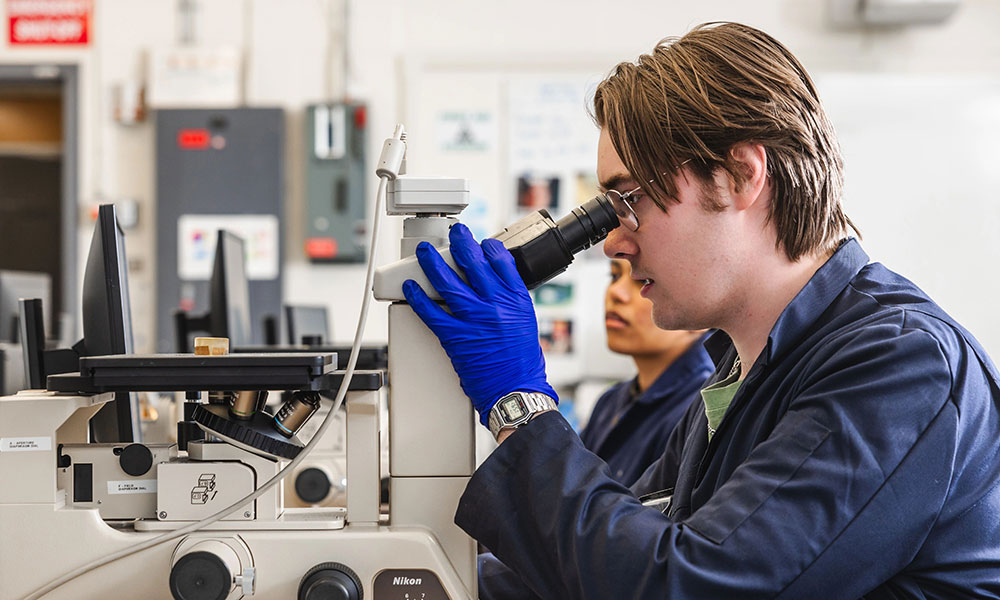
JR Shaw School of Business focuses on immersive learning and leverages deep industry connections to help students succeed in a rapidly evolving business landscape. The school offers a range of programming, including entrepreneurship, marketing, finance and more.
Dean: Dennis Sheppard
School of Construction and Building Sciences offers comprehensive and industry-aligned programs that prepare students for successful careers in the construction industry. Programs include apprenticeship training, certificates and two-year diplomas that cover advancements in tools and technology, best practices and more.
Dean: Matthew Lindberg
School of Energy and Natural Resources promotes sustainability and global economic growth through innovative education and hands-on training. Programs equip students with skills and knowledge for the evolving energy and natural resource sectors, and focus on environmental stewardship and sustainable resource management.
Dean: Dr. Agatha Ojimelukwe
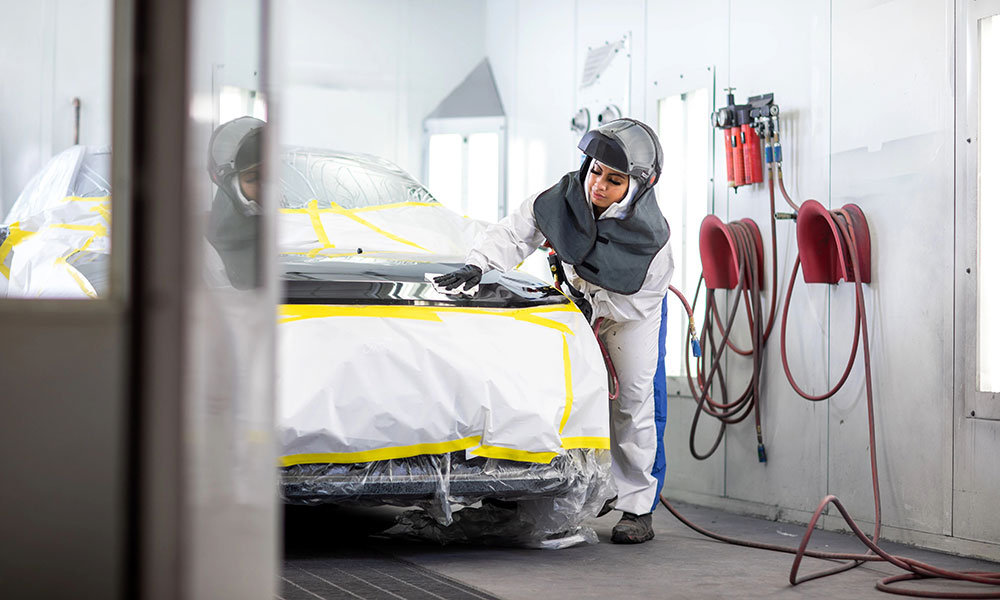
School of Health and Life Sciences uses simulations with state-of-the-art equipment, models and actors in a safe and controlled environment, in addition to traditional learning, to ensure that grads confidently fill a variety of health-care roles in their communities.
Dean: Denise MacIver
School of Manufacturing and Automation recognizes the importance of the manufacturing and automation sectors in shaping our economy. The school offers diploma and apprenticeship programs tailored to meet the demands of these growing, vital sectors.
Dean: Stephen McMillan
School of Media and Information Technology offers degrees, diplomas, certificates and post-diploma programs that prepare students for today's fast-paced tech world. Graduates are at the forefront of innovation in digital content, securing networks, reporting, analyzing data and enhancing communication systems.
Dean: Dennis Sheppard (interim)
School of Transportation prepares students for everything from repairing automobiles to operating cranes. Teaching involves hands-on training in NAIT workspaces and garages as well as simulators, and includes apprenticeship, diploma and certificate programs.
Dean: Stephen McMillan
Two new deans
Carrying over from NAIT’s previous academic structure, Matt Lindberg, Denise MacIver and Dennis Sheppard will continue in their roles as deans. Joining them to lead the new schools are Dr. Agatha Ojimelukwe in the School of Energy and Natural Resources, and Stephen McMillan in the School of Manufacturing and Automation and School of Transportation.
A search for a new dean for the School of Media and Information Technology is underway. Until then, here’s a look at NAIT’s new additions.
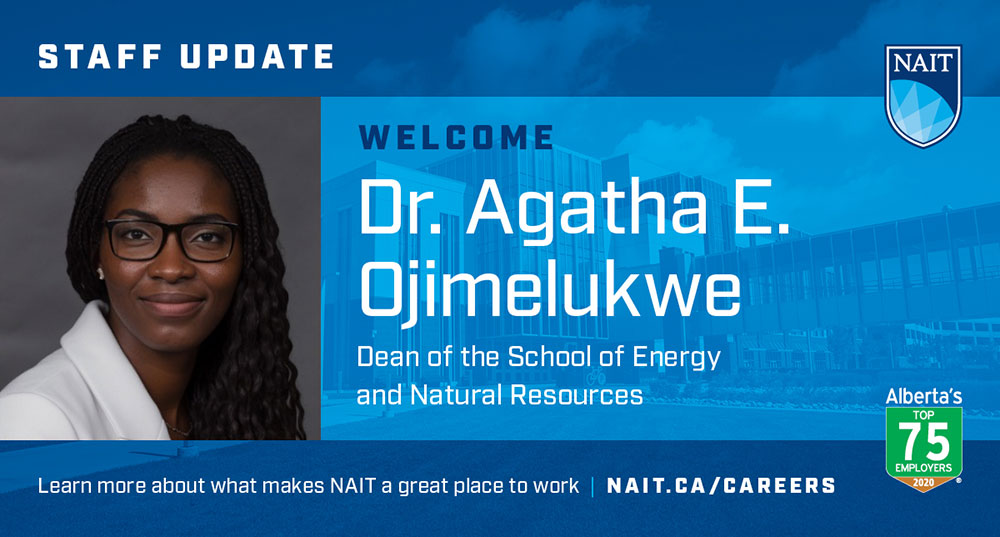
Dr. Agatha Ojimelukwe brings to her role more than 11 years of experience in post-secondary teaching, research and leadership – as well as a deep understanding of NAIT. Among other positions at the polytechnic, she oversaw programs in cleaner energy, environmental sustainability, and grid innovation as the interim director of Applied Research. Previously, Ojimelukwe was a lecturer and research associate at Nigeria’s University of Port-Harcourt.
"Our current alignment with the energy and environmental sectors demonstrates our readiness to enhance our place in the provincial, national and global educational scene, and strengthen our position as the industry's most trusted partner."
– Dr. Agatha Ojimelukwe, Dean, School of Energy and Natural Resources
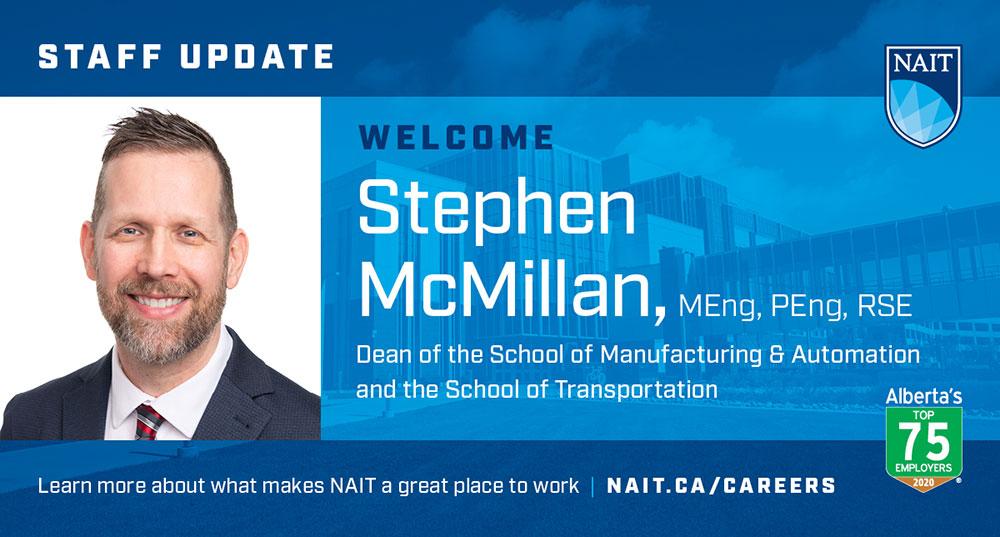
Stephen McMillan joins NAIT following 15 years at the British Columbia Institute of Technology (BCIT). His most recent role was associate dean of Mechanical Engineering, in BCIT’s School of Energy. McMillian recently achieved the Certified Manufacturing Engineer, reflecting his dedication to lifelong learning and professional development.
"These two schools are about making things better, and making things move, which are both critical fields with high demand in industry and significant growth potential. I look forward to the exciting times ahead.”
– Stephen McMillan, MEng, PEng, RSE, Dean, School of Manufacturing and Automation and School of Transportation
